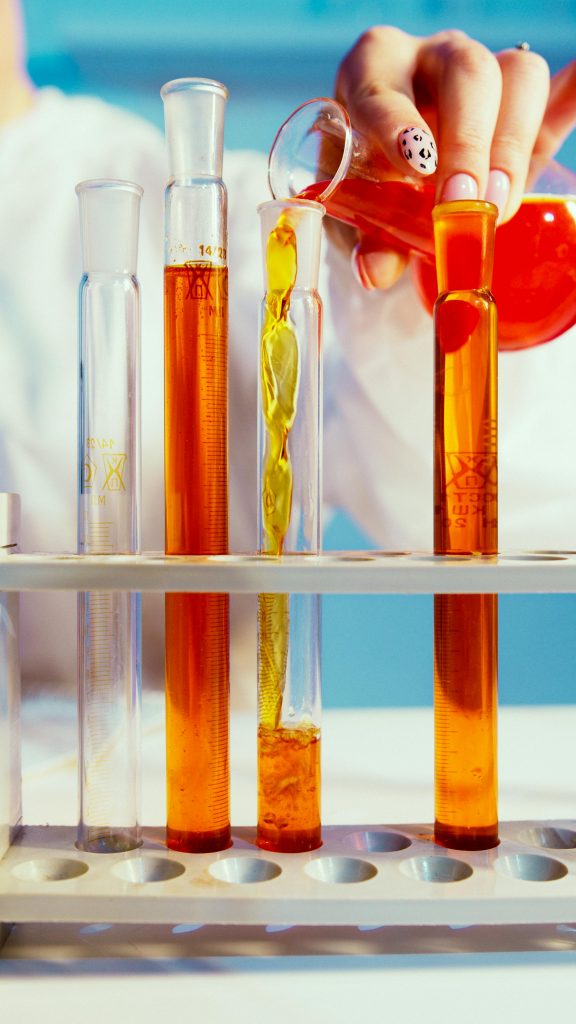In the realm of industrial operations, where machinery serves as the backbone of productivity, the importance of using high-quality lubricants cannot be overstated. Industrial lubricants are the lifeblood of machinery, ensuring smooth operation, minimizing friction, and extending equipment lifespan. However, to guarantee optimal performance and reliability, regular certified lab testing of these lubricants is indispensable.
- Ensuring Performance Consistency: Certified lab testing of industrial lubricants ensures that they consistently meet performance standards. By subjecting lubricants to rigorous analysis, including viscosity, wear protection, and thermal stability tests, manufacturers can verify their adherence to industry specifications. This consistency is crucial for maintaining machinery efficiency and preventing unexpected failures.
- Detecting Contamination: Industrial lubricants are susceptible to contamination from various sources, including dirt, water, and metal particles. Regular lab testing enables early detection of contaminants, allowing for corrective actions to be taken before they compromise equipment performance. Additionally, certified lab testing can identify specific contaminants and their sources, facilitating targeted preventive measures.
- Extending Equipment Lifespan: Proper lubrication is essential for minimizing wear and extending the lifespan of industrial equipment. Proper testing provides valuable insights into lubricant degradation and wear patterns, allowing for adjustments in lubrication practices as needed. By ensuring that lubricants maintain their protective properties, lab testing helps prevent premature equipment failure and costly repairs.
- Optimizing Maintenance Practices: Regular testing serves as a valuable tool for optimizing maintenance practices. By monitoring lubricant condition and performance parameters over time, maintenance schedules can be fine-tuned to align with actual equipment needs. This proactive approach to maintenance minimizes downtime, reduces maintenance costs, and maximizes equipment uptime.
- Compliance with Regulatory Standards: In many industries, compliance with regulatory standards and environmental regulations is paramount. Certified lab testing ensures that industrial lubricants meet regulatory requirements for safety, performance, and environmental impact. By demonstrating compliance through regular testing, companies can avoid fines, penalties, and reputational damage.
- Enhancing Operational Efficiency: Efficient machinery operation is essential for maintaining competitiveness and profitability in industrial settings. Certified lab testing of lubricants plays a crucial role in enhancing operational efficiency by identifying potential issues before they escalate into major problems. By addressing lubricant-related issues proactively, companies can minimize unplanned downtime and optimize production processes.
- Supporting Equipment Warranty Claims: In cases where equipment failures occur, having a documented history of certified lab testing can be invaluable for warranty claims. By providing evidence of proper lubrication practices and adherence to manufacturer recommendations, companies can expedite warranty claims processing and minimize financial losses associated with equipment repairs or replacements.
In conclusion, regular certified lab testing of industrial lubricants is essential for ensuring machinery reliability, optimizing maintenance practices, and maintaining regulatory compliance. By investing in comprehensive testing programs, companies can minimize downtime, extend equipment lifespan, and maximize operational efficiency. With the complex and demanding nature of industrial operations, proactive management of lubricant quality through certified lab testing is a strategic imperative for success.

Explore oil purification solutions that can help reduce the purchase of Lubricant Oils
